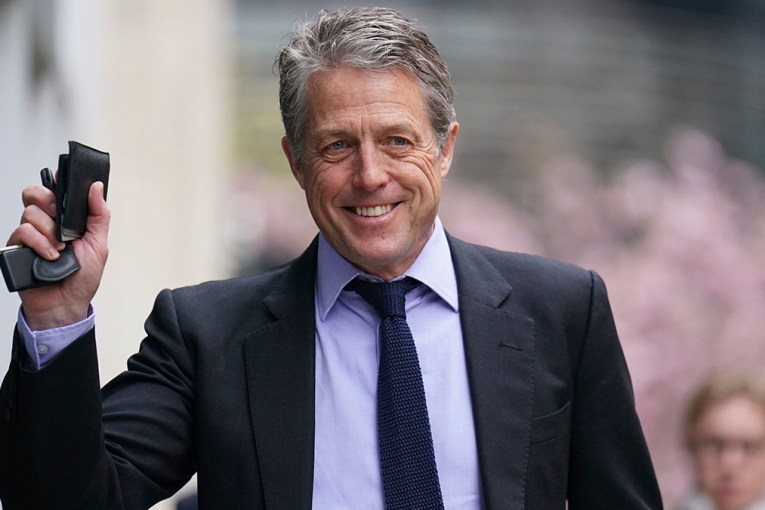Up to half a million British teachers, civil servants, train drivers and university lecturers will strike in the largest co-ordinated action in a generation which the government says will cause widespread disruption.
The mass walkouts on Wednesday will result in schools closures, the military on standby to help at Britain’s borders, and no rail services running across much of the country.
Union leaders estimate up to 500,000 people will take part, the highest number for at least a decade, and there will be rallies against a planned law to curb strikes in some sectors, a proposal they argue will poison relations further.
“After years of brutal pay cuts, nurses, teachers and millions of other public servants have seen their living standards decimated, and are set to face more pay misery,” said Paul Nowak, general secretary of the Trades Union Congress (TUC), the union umbrella group.
The government says “mitigations” will be in place but the strikes would have a significant impact.
“We are up front that this will disrupt people’s lives, and that is why we think that negotiations rather than picket lines are the right approach,” Prime Minister Rishi Sunak’s spokesperson told reporters.
With inflation running at more than 10 per cent – the highest level for four decades – Britain has seen a wave of strikes from health and transport workers to Amazon warehouse employees and Royal Mail postal staff.
They are demanding above-inflation pay rises to cover rocketing food and energy bills that they say has left them stressed and struggling to make ends meet.
On Wednesday, about 300,000 teachers will take action, along with 100,000 civil servants from more than 120 government departments, and tens of thousands of university lecturers and rail workers.
Next week, nurses, ambulance staff, paramedics, emergency call handlers and other healthcare workers are set to stage more walkouts, while firefighters this week also backed a nationwide strike.
Between June and November, more days were lost to industrial action than in any six months for more than 30 years, according to official data.
An Ipsos poll suggests the public is divided on the strike action, with 40 per cent supporting and 38 per cent opposed.
Mr Sunak’s government has taken a hard line with public sector strikes, saying large wage increases would only fuel inflation.
But with his governing Conservatives trailing the opposition Labour Party in polls, the industrial action is adding to Sunak’s political woes, and surveys indicate the public think the government has handled the strikes badly.








